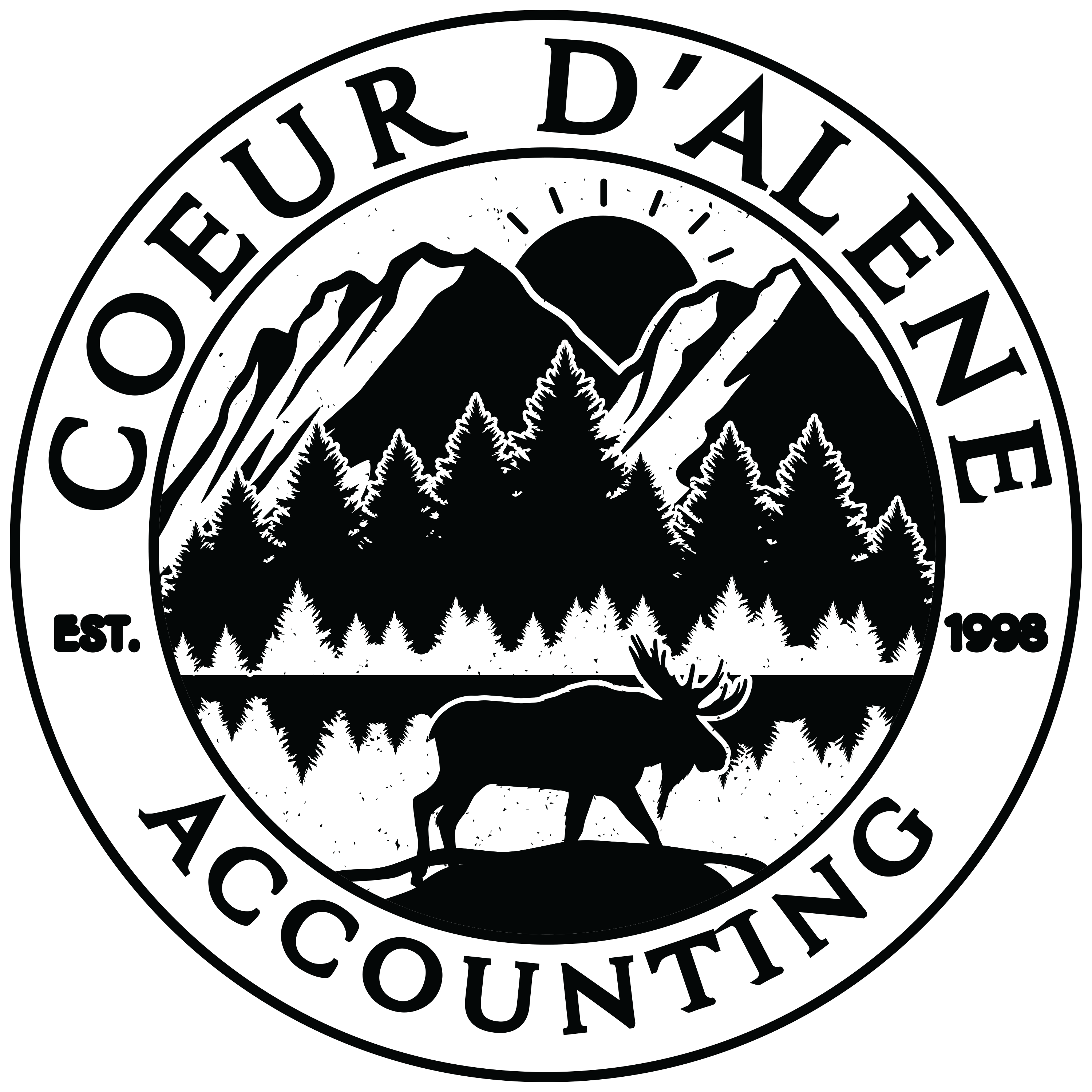Tax law has an amazing break for unconventional homeowners of Coeur d’Alene real estate.
You can deduct your mortgage interest payments even when the deed to the house and the mortgage are in someone else’s name.
Here’s what happened to Sue Davis.
Sue could not personally qualify for a home loan. Her parents stepped in to help. They bought the house and signed the mortgage.
But Sue lives in the Coeur d’Alene home and pays all the expenses of the property, including the property taxes and the mortgage.
Using a little-known tax rule, Sue deducts the mortgage interest payments she makes on her Form 1040.
What’s even more interesting is that Sue found out about this little-known rule after she had been making payments for a few years. Once she learned the rule, Sue amended three years of tax returns, claiming about $18,000 per year in deductions, and got a sizable tax refund.
If you are in a similar situation, you can get these tax breaks too. You simply need to prove that you are the “equitable owner” of the property.
Who Can Claim the Mortgage Interest Deduction?
If you make payments on a mortgage that is not in your name, you can deduct the interest as long as you are the legal or equitable owner of the property that secures the mortgage.
“Legal” title and “equitable” title are two different things. You just need one or the other to qualify for the interest deduction.
Legal title. This simply means legal ownership according to the real estate laws of your state. In general, legal title requires a deed of ownership that is properly recorded according to the laws of your state.
Equitable title. Under this doctrine, you prove that even though you do not have legal title, you bear the benefits and burdens of the property and are thus the true owner under the law for certain purposes.



Recent Comments